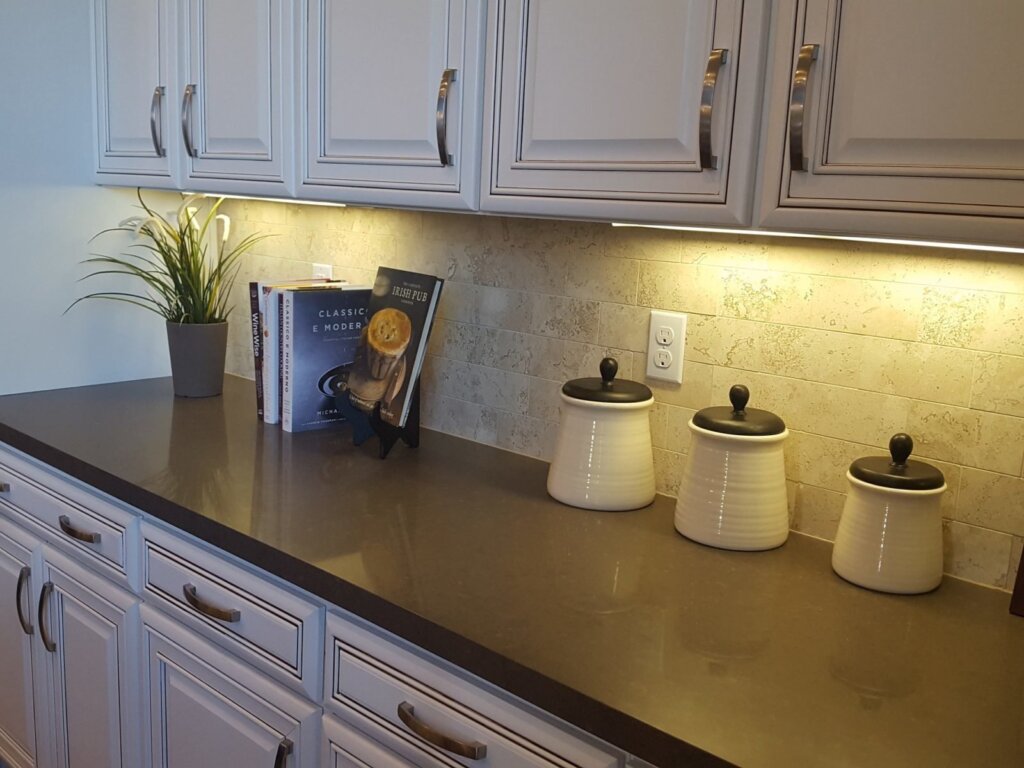
Buying your first home is a big milestone—and it can be both exciting and overwhelming. Here are the top 10 most important things to know or consider when buying your first home:
1. Know What You Can Afford
Before you start looking, understand your budget. Consider:
- Down payment (usually 3%–20%)
- Monthly mortgage payments
- Property taxes, insurance, and maintenance costs
Use a mortgage calculator to get an idea.
2. Get Pre-Approved for a Mortgage
Pre-approval gives you a clear idea of your price range and shows sellers you’re a serious buyer. It also makes the closing process smoother.
3. Understand Your Mortgage Options
There are different types:
- Conventional loans
- FHA loans (lower down payments, for first-time buyers)
- VA loans (for veterans)
Compare interest rates, terms, and conditions.
4. Save for More Than Just the Down Payment
Aside from the down payment, you’ll need cash for:
- Closing costs (2–5% of home price)
- Home inspection/appraisal
- Moving costs
- Initial repairs or furniture
5. Choose the Right Location
You can change the house, not the location. Consider:
- Commute times
- School districts
- Safety and neighborhood vibe
- Resale value
6. Work with a Good Real Estate Agent
An experienced agent can:
- Guide you through the process
- Help you negotiate price and repairs
- Spot red flags
Make sure they’re local and understand first-time buyers’ needs.
7. Don’t Skip the Home Inspection
A professional inspection can reveal hidden issues (plumbing, roof, electrical, etc.). It’s worth the few hundred dollars to avoid surprises.
8. Don’t Max Out Your Budget
Just because you’re approved for a certain amount doesn’t mean you should spend it all. Leave room for:
- Emergencies
- Maintenance
- Lifestyle expenses
9. Understand the Full Costs of Ownership
Owning is different from renting. Plan for:
- Ongoing maintenance
- Property taxes and insurance
- HOA fees (if applicable)
10. Be Patient and Think Long-Term
Buying a home is a marathon, not a sprint. Take your time, don’t rush into a deal, and think about whether the home will fit your needs in 5–10 years.
